You probably don't want a high-level DLC for Baldur's Gate 3, anyway
Mo' spell levels, mo' problems.
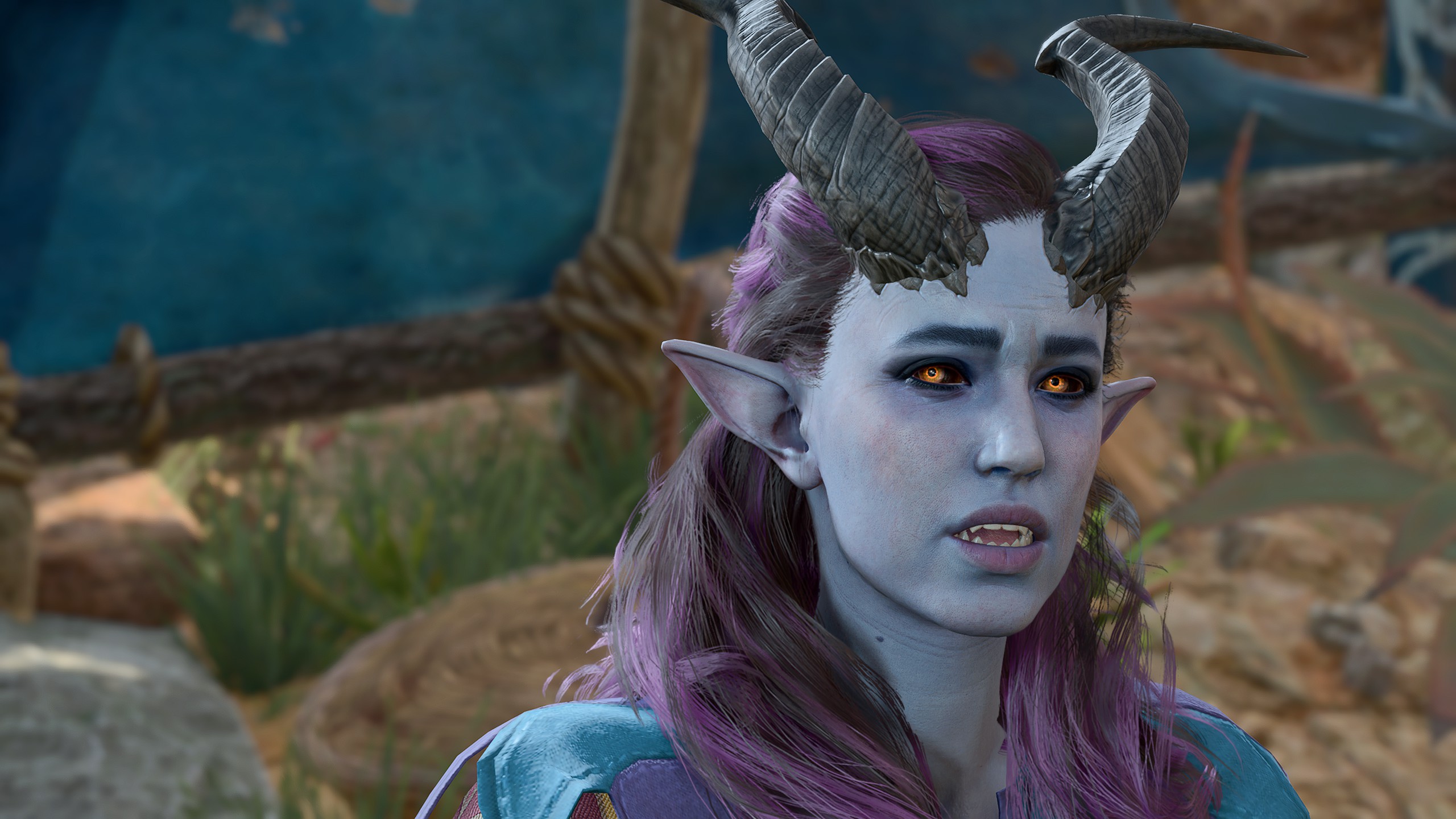
Baldur's Gate 3 has been out for a while now—and if you're anything like me, finishing your first playthrough left you with the post-completion blues. It's easy to turn to wishing real hard for DLC under that duress, but I want to warn you: that wish might just see the curl of the displacer beast's paw.
Besides the fact Larian hadn't even started on DLC back in August (which is fair, it's been pumping out massive patches at absurd speeds) Swen Vincke has also stated, correctly I'd say, that adding more levels to the game would "make [a DLC] much more than an expansion in terms of development effort".
If you're not familiar with Dungeons & Dragons 5th edition—the system Baldur's Gate 3 is built upon—you might be wondering what the problem is. But Vincke is bang on the money here.
True, there are a lot of great reasons for wanting a high-level adventure with the game's cast: fixing Karlach's heartburn, finding a cure for Astarion's vampirism, getting Gale a nice girlfriend who doesn't tell him to explode, that sort of thing. But I really don't think you want a high-level adventure from a game design standpoint.
High level D&D is video game poison
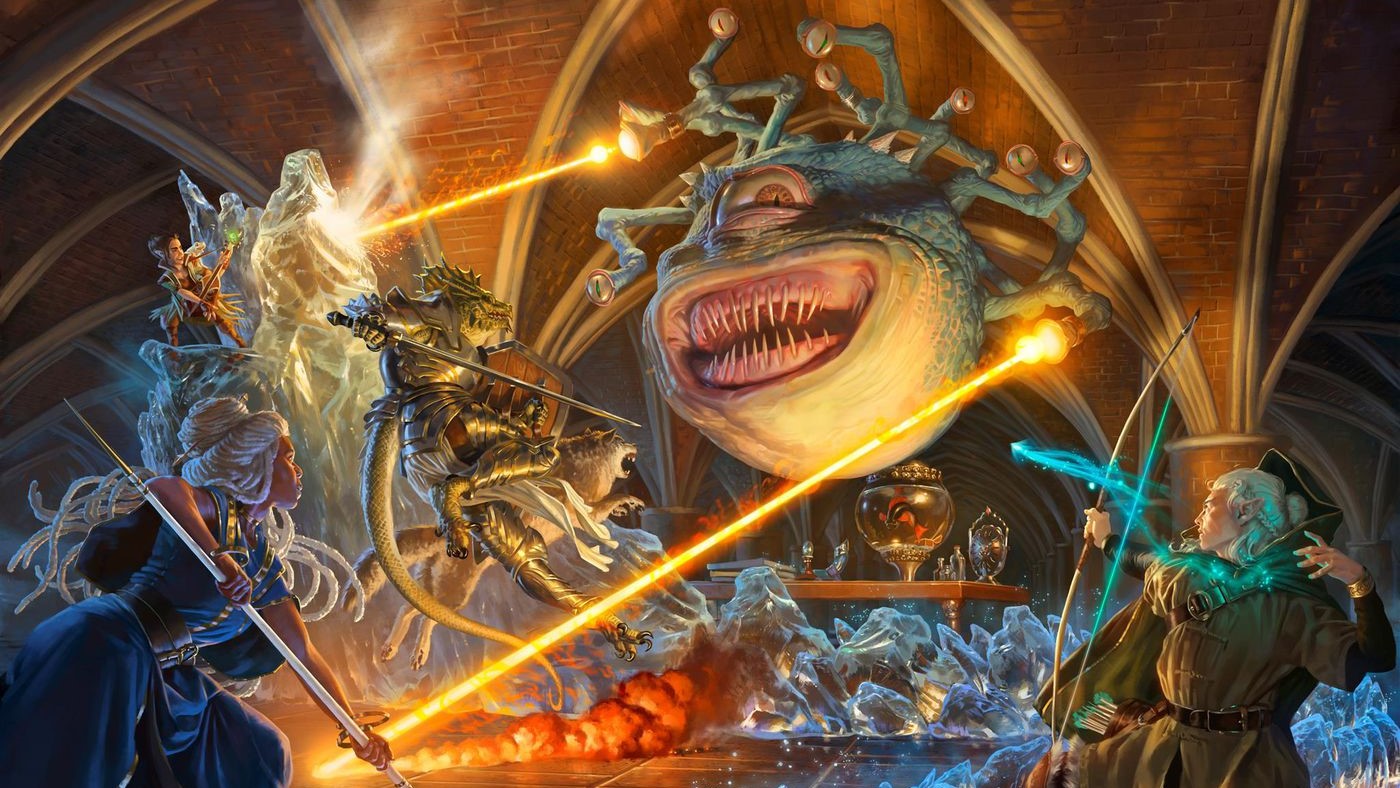
Dungeons & Dragons' combat is "swingy", by which I mean fights can either go very well or very poorly at the drop of a wizard's hat. A lot of people had problems with the early-game brawls of Baldur's Gate 3, and that's because levels 1 through 3 exemplify that problem—they're absolutely lethal.
Less HP means less of a buffer between your fresh-faced adventurer and a dirt nap. You've got less impactful spells, fewer spell slots, no magic items, and limited actions per round. Not even the meathead jock Fighter is immune: before the class gets Extra Attack at level 5, it only gets one shot on its turn to deal damage. This means that if a level 3 Fighter misses an attack, they might as well have stood in place and danced a merry jig.
These issues lessen between levels 5 and 12, but what if I told you they start coming back later in the game, for completely different reasons? High-level D&D characters are godlike by level 20, able to bend the fabric of reality to their whims. To challenge them, you have to pit them against equally godlike powers, and the divine does not pull its punches.
Keep up to date with the most important stories and the best deals, as picked by the PC Gamer team.
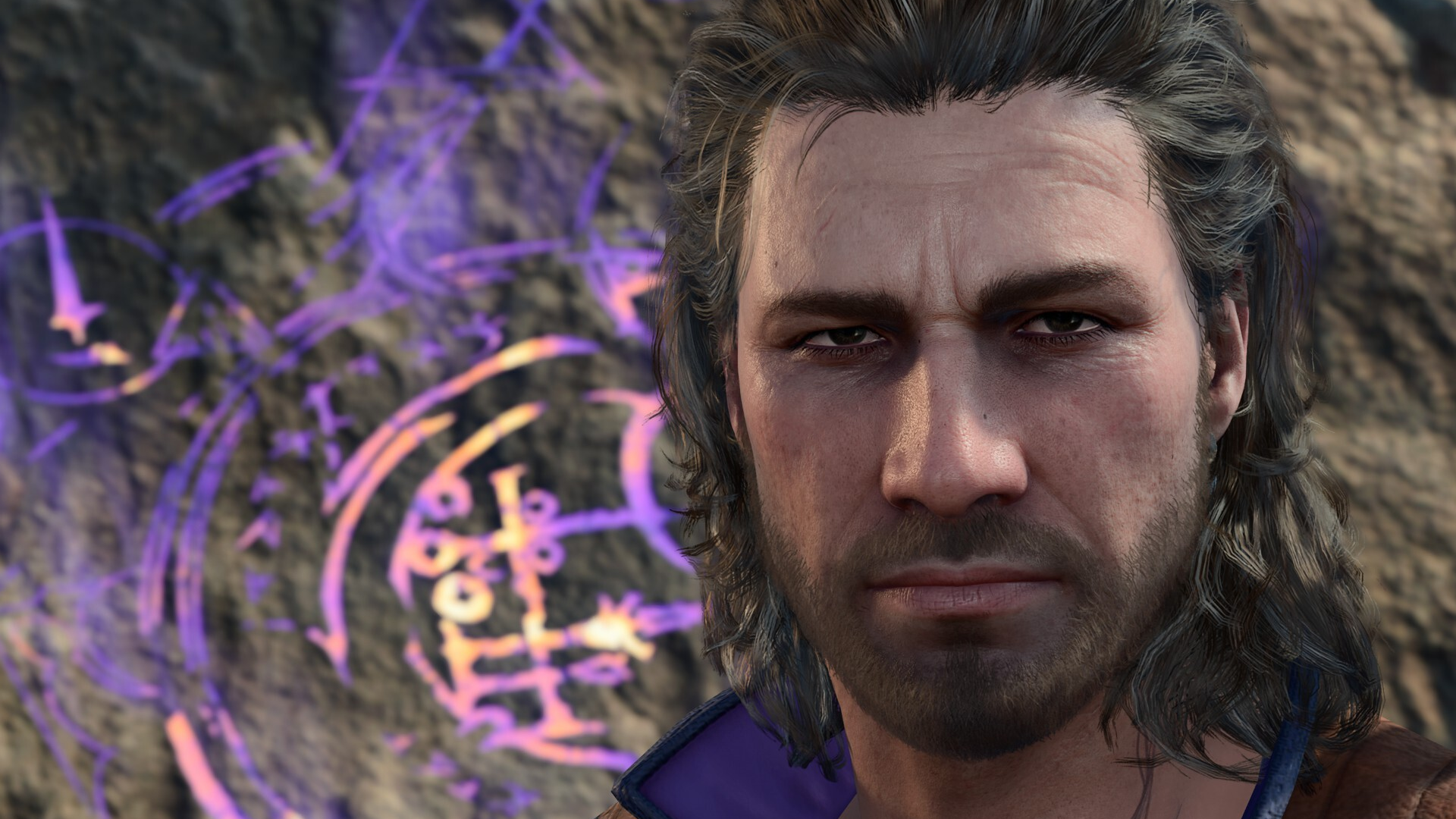
There's been plenty of conversation about how certain spells, like Wish, would be just too hard for Larian to put in their game. But I think there's a deeper problem at play, here—a lot of higher level spells just aren't that fun to play against. Here's a few spells that'd be a royal pain to get hit with:
- Finger of Death, which turns characters killed by it into a zombie. That'll be one Revivify scroll, please.
- Forcecage puts your character in a box. If they want to teleport out, they have to make a Charisma save. If they fail, the turn's wasted, and they get to sit in the box some more. Funny at a table, frustrating in a video game.
- Feeblemind, which takes a creature and tries to "shatter its intellect and personality". On a failed save you can't cast spells, understand language, or do much of anything. Guess when you get to repeat the saving throw? Once a month. Or you can use Greater Restoration, hope you didn't want to use that 5th level spell slot on anything.
- Power Word: Stun. This just stuns you if you have less than 150 hit points. No saving throw, no nothing.
- Power Word: Kill, Stun's deadlier cousin. Less than 100 hit points? Die. No saving throw. Do not collect 200 dollars, do not pass go.
- Invulnerability. Hope you didn't want to damage that spellcaster, because you can't anymore.
- Time Stop. Do you like playing video games? Well, hope you're ready to watch an enemy mage take anywhere between 2 and 6 turns in a row.
Now, obviously Larian wouldn't have to add these spells to a DLC if they didn't want to—they nixed Dispel Magic already because it would've been way too complicated. But if they don't, then they're left without tools to really challenge a party of high-level adventurers, especially considering the amount of buck-wild homebrew magic items that lead to stuff like this Fighter chewing through a major late game encounter in two turns. Iconic high-level monsters hew close to this level of lethality, too. Hell, the Lich, one of D&D's recognisable endgame baddies, uses three of the spells I mentioned above.
Again, these spells do kinda work in tabletop. The first time one of your party gets hit with something like Power Word: Kill, it's a story event. The DM gets to be all dramatic, the characters have to scramble to bring their friend back from the dead, it's great.
It's also more palatable—in tabletop D&D, combat's rarer. Unless your group's real proficient, or you're all in it for a long-haul session, you probably won't be doing more than two combats per meetup.
In contrast, a session of BG3 can see dozens of fights happen, since they all play out faster and with fewer instances of "Damnit, Dylan, you're a Warlock, we all know you're gonna Eldritch Blast here, just finish your turn". Dealing with threats that can go pound-for-pound with your high level party would get exhausting, quick.
Why more of the same, when some of the new?
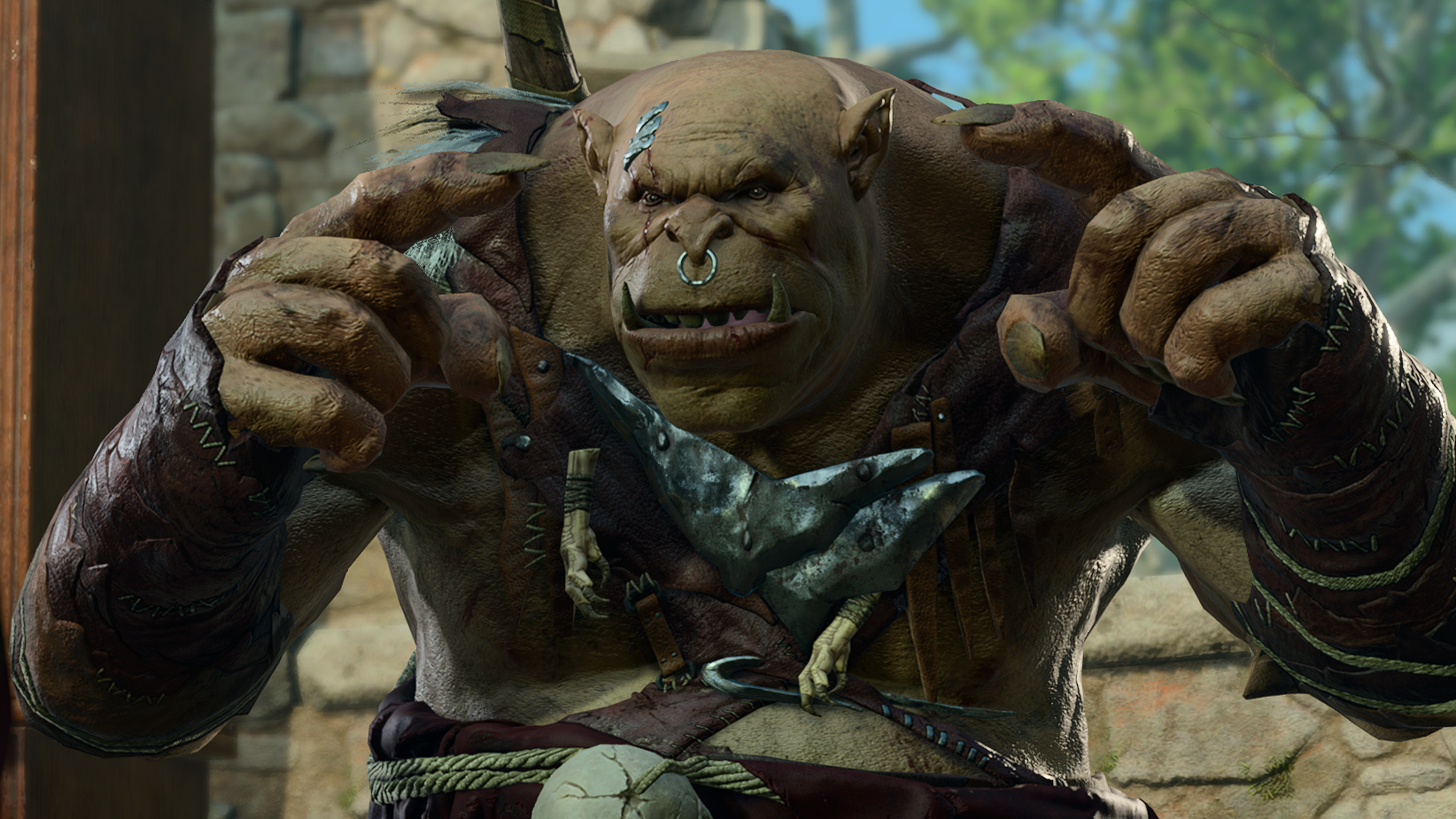
I pray at the altar of the one-shot. For those who don't roll dice, a one-shot is what it sounds like—a short, 3-5 hour 'campaign' of D&D where you just sit down and do a one-and-done adventure with bespoke characters. They're fun opportunities to try out new builds and visit places in a setting you normally wouldn't.
Baldur's Gate 3 took around six years to make. No DLC Larian produces will be as long or as detailed as its main campaign, because they're not immortal time wizards with infinite money. A single playthrough takes over 100 hours, it's got a bajillion cutscenes, Shadowheart has bespoke mocapped headwiggles—they're just not gonna be able to pull that off again in short order.
Instead, I think Larian should take a leaf out of Solasta: Crown of the Magister's book. In case you've not played it, Solasta's another RPG built on 5th edition's ruleset, made by a smaller studio. They've obviously got a much smaller budget, but that doesn't mean it's a bad game, by any means—just far humbler in scope.
If Baldur's Gate 3 feels like stepping into an episode of Critical Role, then Solasta feels like kicking back with your mates at home with pizza and some dice. Your DM might be a little too into his shapeshifting lizard-people villains, but everyone's doing silly voices and having a good time.
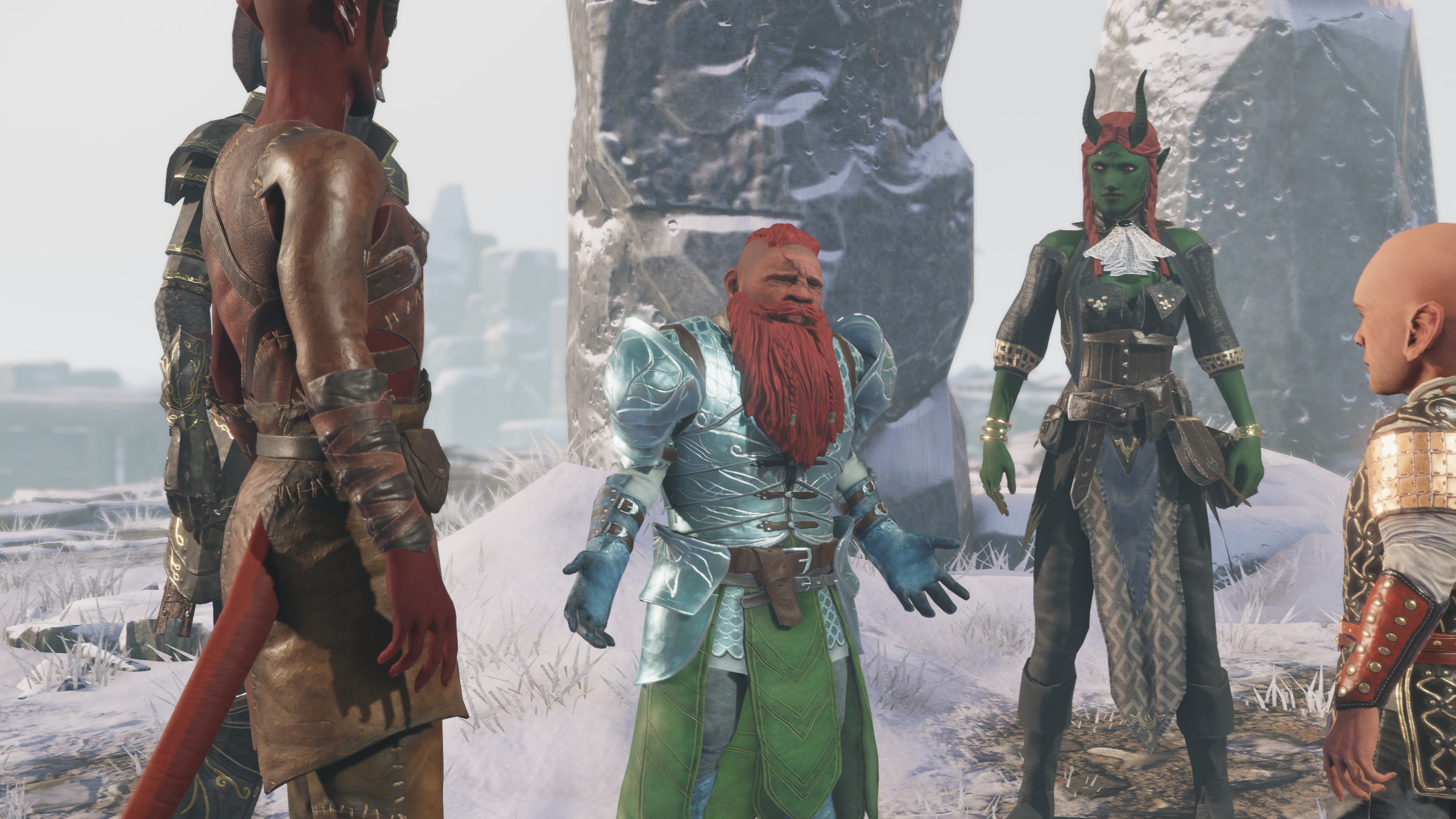
Owing to its smaller scale, Solasta did a smart thing and simply made its first major DLC Lost Valley an entirely new campaign. While I was never quite enraptured by Tactical Adventures' homebrew setting, making DLCs like this has allowed it to give its players their choice of adventure whenever they roll up a new party.
Granted, their second DLC Palace of Ice continues the central Crown of the Magister campaign and starts at level 10. This does scupper my argument somewhat, as it runs to level 16 with few problems—though even here, concessions were made. Several high level spells (such as Reverse Gravity and Control Weather) have been turned into powerful area-of-effect nukes with condition riders. Also, it still cuts off at level 16. No 9th level spells for you.
Still, imagine if Larian took a similar tactic to Lost Valley. Picture a series of smaller, more focused adventures the size of, say, an act (or half of one) from the base game. A spy thriller in a district of Waterdeep, a romp through the elemental planes, an expedition into the feywild—heck, I'd love to do a miniature Curse of Strahd-style horror campaign, or something set in Spelljammer. The game already brushes close to that setting with the Gith and Illithid, anyway.
Carrying on Baldur's Gate 3 and its main questline would, in my opinion, just weigh Larian down. That baggage could instead be dumped, allowing the devs to get creative and really spread their tentacles. This would also let them focus on crafting cool story content, instead of figuring out how the heck to make Mordenkainen's Magnificent Mansion work.
The player gets some benefits, too. They can try out new builds they've been wanting to mess with, especially if these campaigns start at later levels. I've begun my second playthrough of BG3 myself, but with Cyberpunk 2077 and Starfield splitting my attention now I'm not entirely convinced I'll finish it. A shorter romp, though? Far more manageable.
We do a little rolling
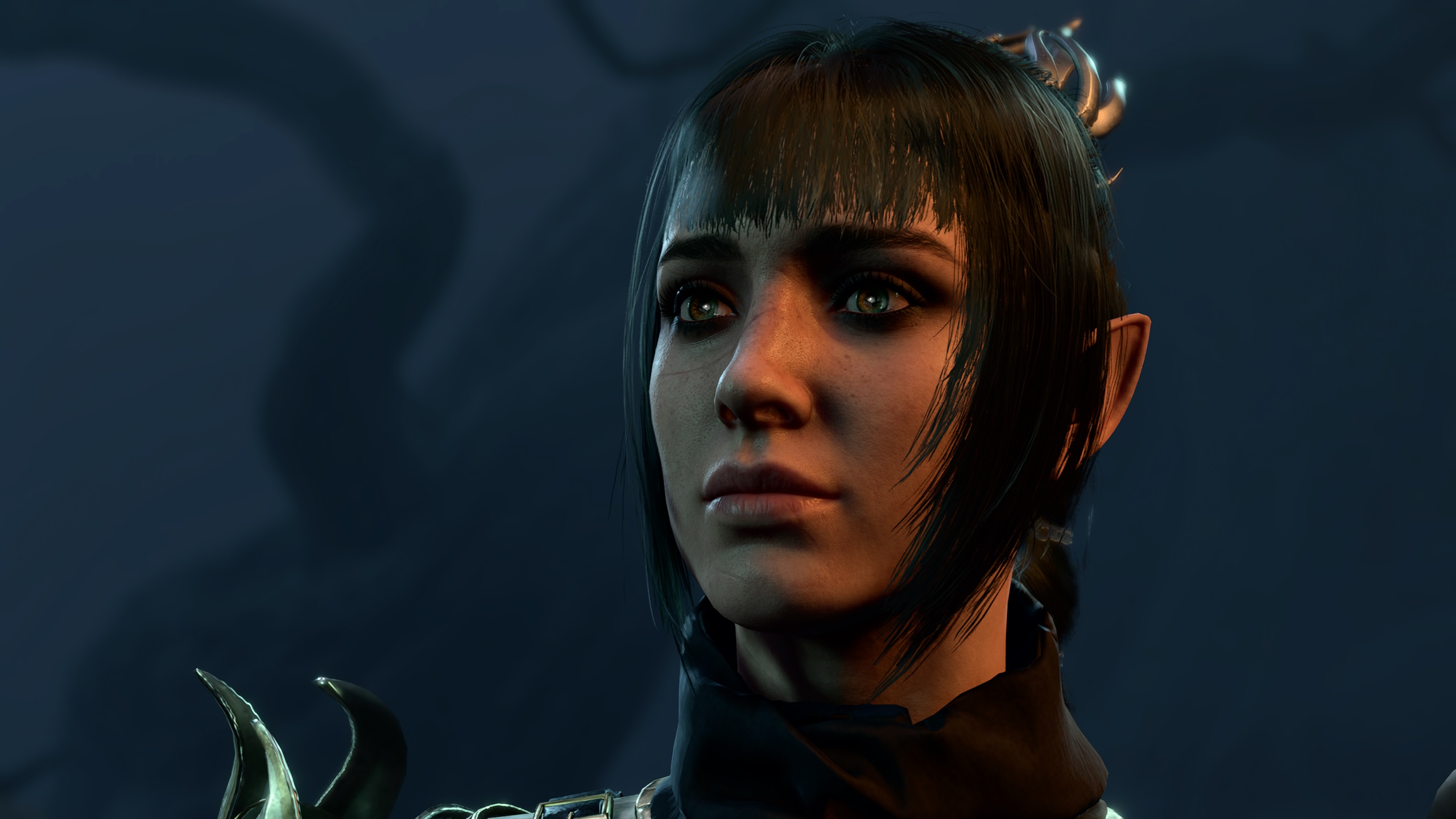
I could also be completely wrong. Other games like Baldur's Gate 2 and Neverwinter Nights have tackled high-level D&D—albeit not 5th edition—and it's worked out just fine. I'm also hesitant to definitely say that you wouldn't enjoy the random lethality of high-level D&D combat.
I don't know your tastes! Maybe you like having to apply Death Ward to your whole party before every combat like some kind of sicko. I'm not your dad. But I don't think a high-level continuation of our current story is really the way to go. It'd be a nightmare for Larian to design, and it might not even be that fun to play.
If Larian Studios want to go for DLC, I hope it surprises us with something completely new—give us an Eberron adventure, or an official Critical Role crossover. Heck, send us to Dimension 20's Fantasy High—Brennan Lee Mulligan would be a killer narrator (though I'd imagine he's very busy, and I'd miss Amelia Tyler far too much). Take advantage of D&D's flexibility as a game system and send us on a whole new adventure. I'll happily start at level 1 again.

Harvey's history with games started when he first begged his parents for a World of Warcraft subscription aged 12, though he's since been cursed with Final Fantasy 14-brain and a huge crush on G'raha Tia. He made his start as a freelancer, writing for websites like Techradar, The Escapist, Dicebreaker, The Gamer, Into the Spine—and of course, PC Gamer. He'll sink his teeth into anything that looks interesting, though he has a soft spot for RPGs, soulslikes, roguelikes, deckbuilders, MMOs, and weird indie titles. He also plays a shelf load of TTRPGs in his offline time. Don't ask him what his favourite system is, he has too many.

